We recently asked the BuzzFeed Community to share the most mind-blowing advice they had ever gotten from a therapist.
Here are some words of wisdom that really stuck. (And remember, these tips aren't replacements for going to therapy for yourself — they're just pieces of advice that some people found helpful, and you might too.)
1. You don't have to be thankful that it's not worse.
2. You will make decisions that turn out to be wrong, and you shouldn't beat yourself up because of them.
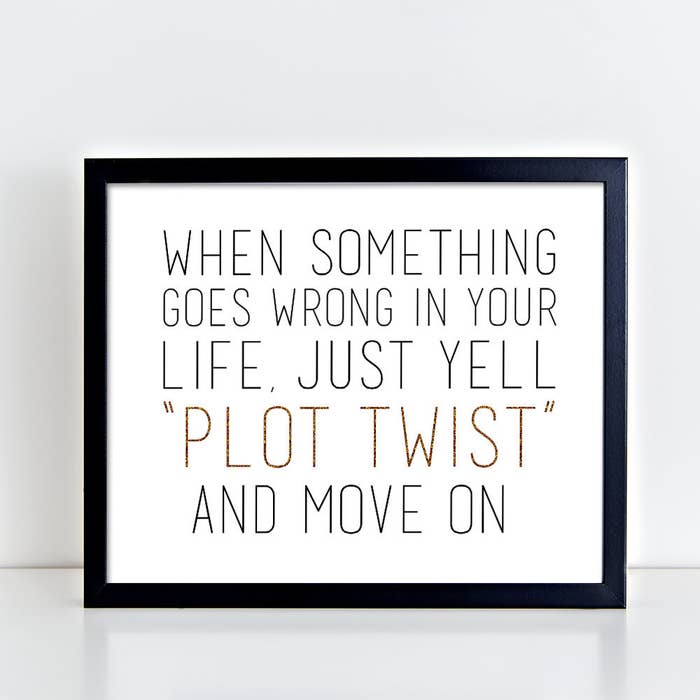
3. Give as much thought to best-case scenarios as you do to worst-case scenarios.
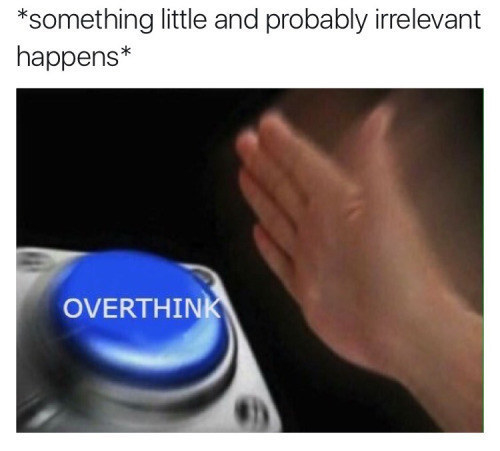
4. Not all of your relationships will last forever, and there's nothing wrong with that.
5. Let yourself feel your feelings instead of pushing them down.
6. Drop "should" from your vocabulary.

7. You're allowed to say "no" and set boundaries in your life.
8. You'll never really know what people are thinking, so try not to obsess.
9. If you get caught up in comparing yourself to others, remember that there's always someone better and someone worse in everything that you do.
10. You never actually know the reasons why people say or do things that affect you, so don't jump to conclusions.
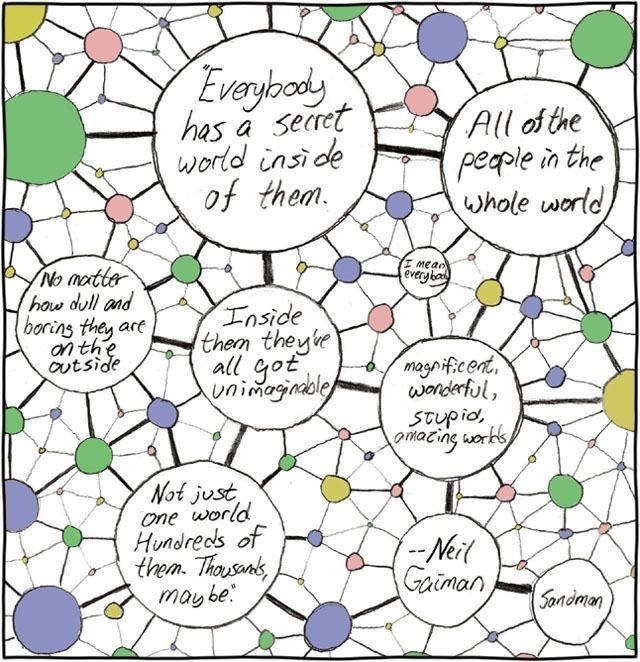
11. When life tests you, don't be afraid to get in its face and challenge it.
12. Don't get caught up in thinking about what other people might do.
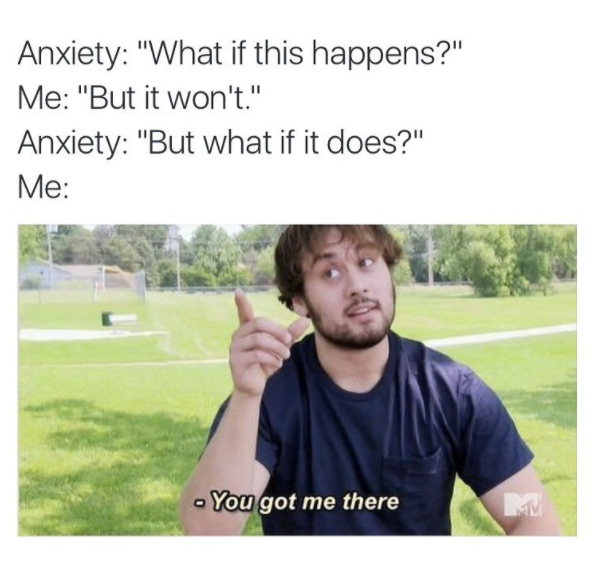
13. You can't run away from your problems. They will all follow you to your new address.
14. Being passive-aggressive is never a healthy means of expressing a grievance — it is much better to just say what you need to say.
15. Your anger is often a mask for hurt, fear, and sadness.
16. Write out a list of accomplishments and achievements that you can (and should) be proud of.
17. You can love someone and not like them at the same time.
18. You need to build up your own support group.
19. Do something every day, however small, that you truly love and enjoy.
20. Create your own space.

21. Nothing changes if you don't make changes.
22. Imagine your intrusive or negative thoughts coming from someone you really hate so you can shut them down.
23. Don't get carried away analyzing the things in your life like plot lines in a TV show.
24. Sometimes you have to be a friend to yourself — so be a damn good one.
25. It's okay if sometimes you're not okay.
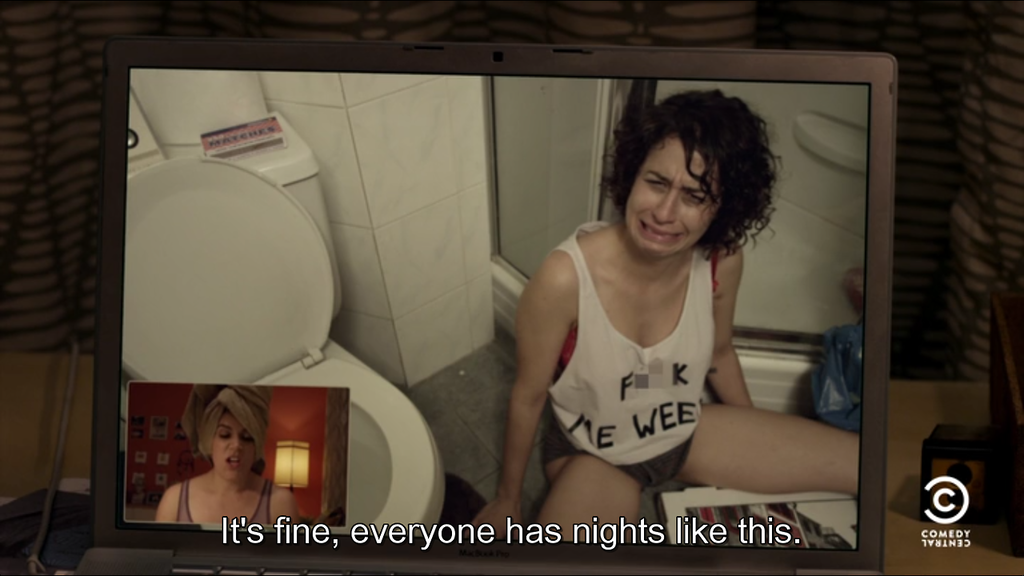
26. And lastly, sometimes therapy will make you feel a lot worse before you start to feel better.
Btw, nothing is as good as having your own therapist who knows you and can tailor advice to you. So if this post has gotten you curious about seeking out therapy for yourself, here are some resources you might want to check out:
* A Beginner's Guide To Starting Therapy
* Here's What To Do If You Can't Afford Therapy
* 17 Things Therapists Want You To Know Before Your First Session
